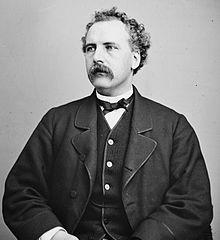Alexander Pope Quotes - Page 24
Oft in dreams invention we bestow to change a flounce or add a furbelow.
Like Cato, give his little senate laws, and sit attentive to his own applause.
One science only will one genius fit; so vast is art, so narrow human wit.
And all who told it added something new, and all who heard it, made enlargements too.
Jarring interests of themselves create the according music of a well-mixed state.
Old politicians chew on wisdom past, And totter on in business to the last.
Then from the Mint walks forth the man of rhyme, Happy to catch me, just at dinner-time.
I am satisfied to trifle away my time, rather than let it stick by me.
Still when the lust of tyrant power succeeds, some Athens perishes, or some Tully bleeds.
The lights and shades, whose well-accorded strife gives all the strength and color of our life.
Who shall decide when doctors disagree, And soundest casuists doubt, like you and me?
Taste, that eternal wanderer, which flies From head to ears, and now from ears to eyes.
Dulness! whose good old cause I yet defend, With whom my muse began, with who shall end.
The same ambition can destroy or save, and make a patriot as it makes a knave.
Lo! The poor Indian, whose untutored mind sees God in clouds, or hears him in the wind.
But blind to former as to future fate, what mortal knows his pre-existent state?







